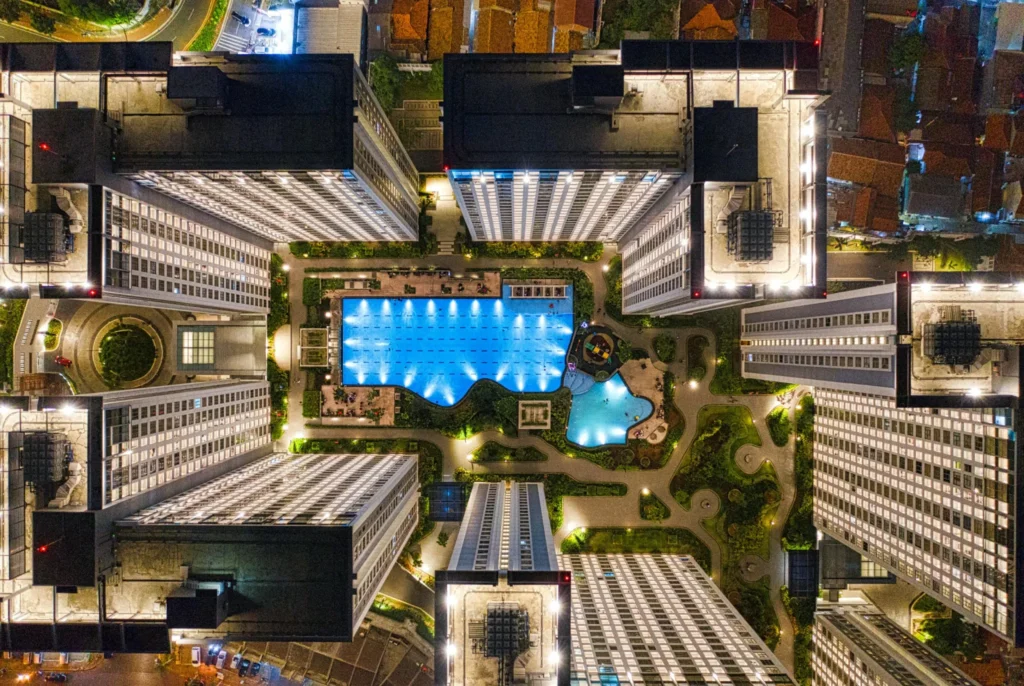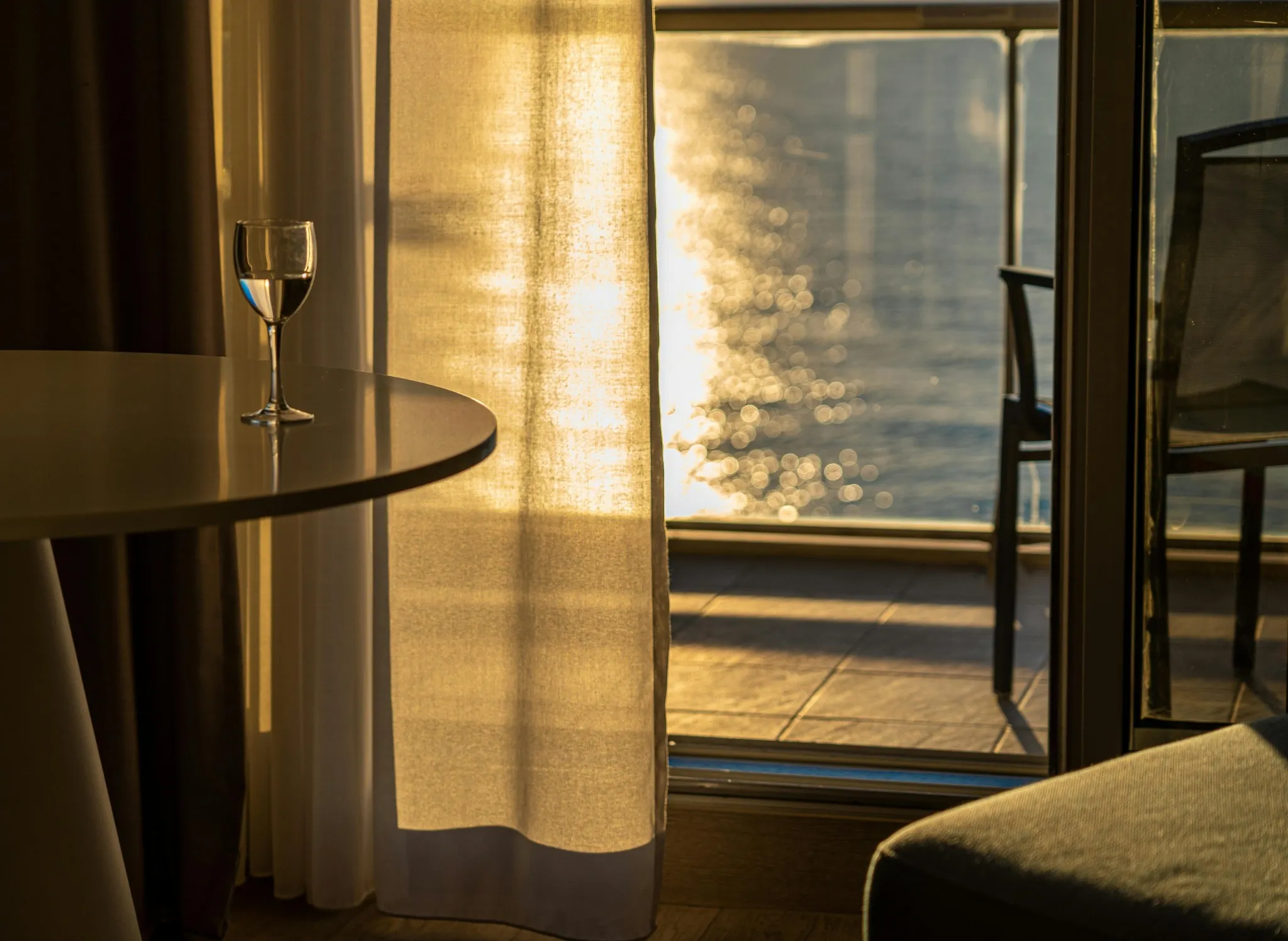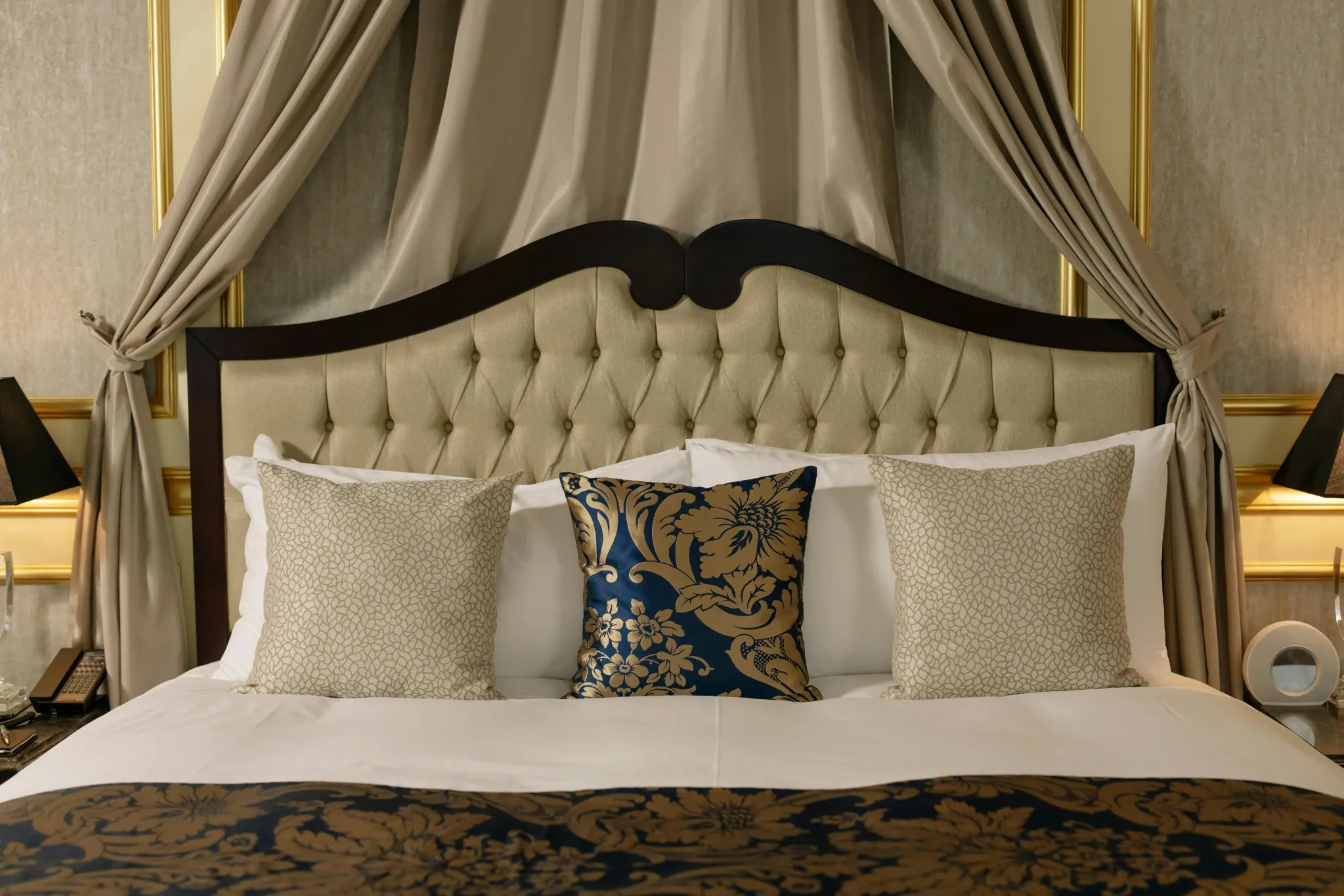The rise of lifestyle hotels reflects a growing demand for personalized, sustainable, and culturally immersive experiences in modern hospitality.
Lifestyle hotels have become a game-changer in the hospitality industry. They are redefining what it means to stay in a hotel, offering much more than a room for the night. These properties focus on creating unique experiences that reflect local culture and values. As modern travelers prioritize connection, sustainability, and authenticity, lifestyle hotels are leading the way in meeting these demands.
What Defines Lifestyle Hotels?
Lifestyle hotels are a fresh take on traditional hospitality. Unlike standard hotels, they emphasize individuality, creativity, and a sense of place. Each property tells a story, often inspired by the local community or cultural heritage.
These hotels combine boutique charm with operational efficiency. They appeal to guests looking for something more personal than large chain hotels but with the reliability of a trusted brand. From curated designs to locally inspired menus, lifestyle hotels deliver memorable experiences. According to a Skift study, their authenticity and attention to detail make them a top choice for today’s travelers.

Why Are Lifestyle Hotels So Popular?
The popularity of lifestyle hotels is not a coincidence. Instead, it reflects significant changes in traveler preferences and priorities.
1. Experiences Over Material Goods
Modern travelers value experiences more than possessions. They seek accommodations that connect them with the local culture. Lifestyle hotels meet this need by offering more than just a stay—they create stories.
2. A Younger, Experience-Driven Audience
Millennials and Gen Z travelers dominate the market. They prioritize authenticity, sustainability, and personalized services. A Booking.com survey found that these generations prefer properties that reflect their ethics and values.
3. The Influence of Hybrid Work
With the rise of remote work, travelers are blending business and leisure. Lifestyle hotels, with co-working spaces and wellness programs, are the perfect choice for digital nomads. These properties cater to productivity while ensuring relaxation.

Several factors explain why lifestyle hotels are thriving:
Sustainability Is Non-Negotiable
Travelers today care about the planet. Lifestyle hotels lead the industry in sustainability efforts. They incorporate eco-friendly practices such as local sourcing, energy-efficient technologies, and waste reduction. This focus attracts environmentally conscious guests, enhancing their appeal.
Wellness as a Priority
Wellness has become central to the guest experience. Many lifestyle hotels now offer yoga classes, organic dining, and wellness retreats. These services align with the growing trend of prioritizing physical and mental well-being.
The Role of Technology
Technology plays a significant role in personalizing the guest experience. Smart rooms, AI-driven concierge services, and personalized recommendations make every stay unique.
Emerging Trends in Lifestyle Hotels
The rise of lifestyle hotels has led to several new trends reshaping the industry:
1. The Growth of Lifestyle Brands
Large hotel chains are adapting by launching lifestyle-focused sub-brands. Examples include Marriott’s Moxy and Hilton’s Canopy. These brands offer the reliability of global companies with the charm of boutique hotels.
2. Expansion into New Markets
Lifestyle hotels are growing in emerging regions like Southeast Asia and South America. These areas provide rich cultural experiences, which align perfectly with the ethos of lifestyle properties.
3. Adaptive Reuse of Buildings
Many lifestyle hotels are transforming old factories, warehouses, and historic buildings. This approach combines sustainability with unique design, creating one-of-a-kind spaces.
Challenges and Opportunities
Despite their success, lifestyle hotels face challenges:
Maintaining Authenticity
As these properties scale, preserving their unique appeal can be difficult. Large chains must balance growth with the personal touch that defines lifestyle hotels.
Managing Costs
Offering personalized experiences and sustainable practices can be expensive. However, loyal guests are often willing to pay premium rates, offsetting higher operational costs.
Opportunities Abound
Lifestyle hotels have numerous growth opportunities. Wellness tourism, adventure travel, and sustainability-focused initiatives are just a few areas ripe for innovation. Additionally, converting unique spaces into lifestyle hotels provides a competitive edge.
What Does the Future Hold for Lifestyle Hotels?
The future of lifestyle hotels is bright. Here are some trends likely to shape the sector:
Technology Will Lead the Way
AI and automation will redefine how guests interact with hotels. From smart rooms that adapt to guest preferences to seamless check-in experiences, technology will enhance personalization and convenience.
Sustainability Will Remain Central
Travelers increasingly demand eco-friendly accommodations. Hotels will continue to innovate, using renewable energy, reducing waste, and sourcing materials responsibly.
Global Expansion Will Accelerate
The demand for lifestyle hotels is universal. As they expand into new regions, these properties will cater to a broader audience while staying true to their roots.
Conclusion
Lifestyle hotels are transforming the hospitality industry. They have become a symbol of modern travel by prioritizing sustainability, wellness, and authentic guest experiences. Their success reflects the evolving preferences of travelers who seek connection, purpose, and individuality in their journeys.
The rise of lifestyle hotels is a wake-up call for the industry. Staying relevant means adapting to these changes and embracing innovation. As lifestyle hotels continue to grow, they will shape the future of travel in meaningful and inspiring ways.
FAQ:
1. What are lifestyle hotels?
Lifestyle hotels are accommodations that focus on personalization, sustainability, and local cultural immersion, offering unique and authentic experiences.
2. Why are lifestyle hotels becoming popular?
They cater to modern travelers seeking experiences over material goods, sustainability, and authentic connections with local culture and communities.
3. How do lifestyle hotels promote sustainability?
Lifestyle hotels use eco-friendly practices, such as sourcing local materials, reducing waste, and implementing energy-efficient technologies.
4. What are some trends in lifestyle hotels?
Emerging trends include the adaptive reuse of historic buildings, the growth of lifestyle hotel brands, and a focus on wellness and tech-enabled personalization.
5. What challenges do lifestyle hotels face?
Maintaining authenticity at scale, managing higher operational costs, and balancing local charm with global expansion are some key challenges.




